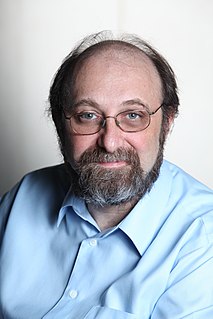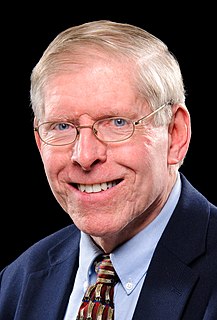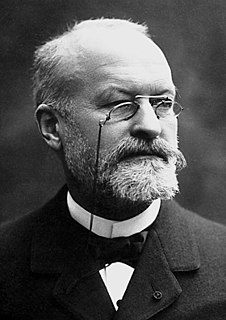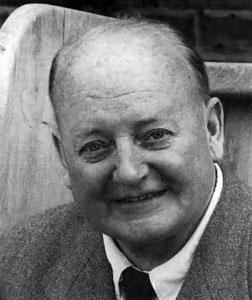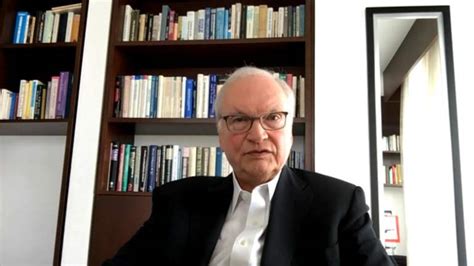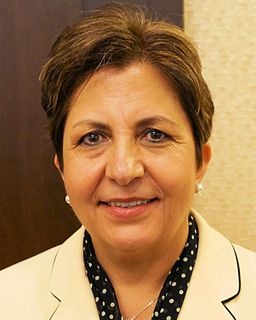A Quote by Milton H. Erickson
Patients are patients because they are out of rapport with their own unconscious... Patients are people who have had too much programming - so much outside programming that they have lost touch with their inner selves.
Related Quotes
I am a spiritual person. I'm a Catholic. I treat my patients, the dead patients, as live patients. I believe there is life after death. And I talk to my patients. I talk to them, not loudly but quietly in my heart when I look at them. Before I do an autopsy, I must have a visual contact with the face.
Pretty much everybody knows there are not enough organs for all of those patients who need to get transplants, and what happens is, is that organs are actually directed in liver transplantation to those patients who are the sickest. So the patients who have the greatest chance of dying in the next three months or so are the ones who get the priority for the liver transplant.
Operating-room errors hold a special terror for patients, if only because they seem like the most avoidable kind of complications. The occasional horror stories of patients who have the wrong leg removed or the wrong knee replaced generate the most headlines, as do tales of patients whose identities are mixed up entirely.


